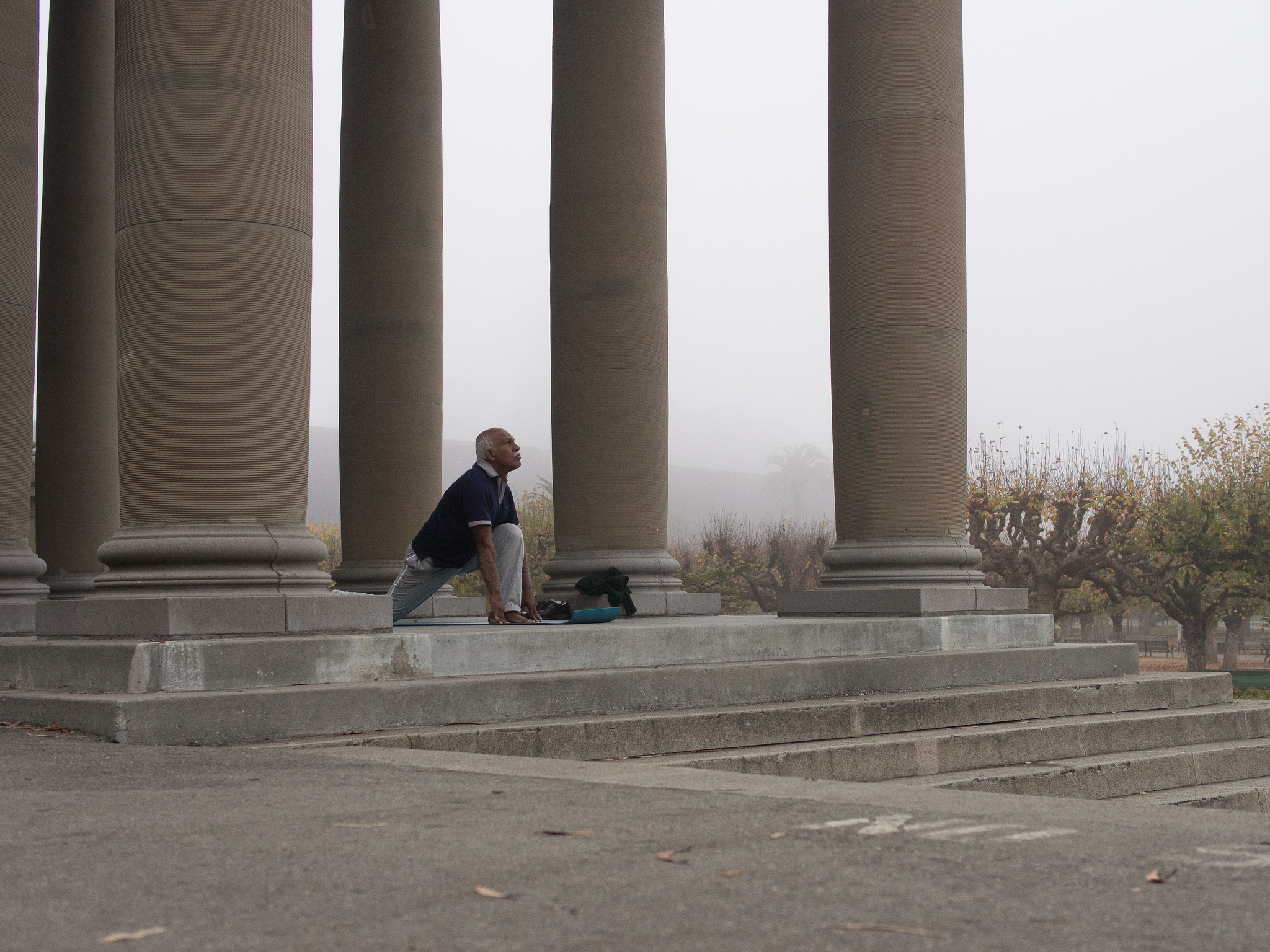Loving vs Hating Process
When you fall in love with the process, and you do it the right way, you have a winning mindset, and the culture is set to make that push and build a winning team.—Tyson Chandler, NBA basketball player
A colleague was telling me about a challenging client project the other day, which included her client flat-out saying to her, “I don’t like process. I just want to get stuff done.”
I hear this all the time. It may surprise many that I actually feel the same way. I’d love to be in better shape, but I hate running, so I’m not. I’d love to play an instrument, but I hate practicing, so I can’t.
Which is exactly the point. Regardless of whether you love or hate process, you can’t get stuff done or be a high-performer without it. The harder the work you’re trying to do, the more this holds true.
I can empathize with people’s dislike of process as long as they can also acknowledge its necessity. The problem is that many do not acknowledge this. I often see people resist doing things that feel “process-y,” such as taking the time to build relationships, developing shared language, or getting aligned around strategy and culture, because they claim it detracts from the “actual” work.
I find this weird and troubling. In music or in sports, you don’t ever hear professionals object to practice because it’s too process-y or because it detracts from the real work. Everyone in these fields knows that process is the real work. I was reminded of this while watching Episode 3 of The Players’ Tribune‘s excellent video series, Rookie/Vet. (Tyson Chandler’s quote from above starts at the three-minute mark.)
I want to shift our mindsets in our field around process and practice. I want people to see collaboration as a craft and to understand that improvement requires practice. There are no shortcuts or magical substitutes. Moreover, the things we’re trying to accomplish via collaboration also require process and practice. It behooves us to acknowledge this and to learn how to get good at it if we truly want to “get things done.”
On the flip-side, those of us in the business of designing and facilitating process have to hold ourselves accountable for why people might have a negative attitude toward process in the first place. One reason is that their experiences with it are poor. If we believe that good process will lead to good results, then we need to do that and hold ourselves accountable to the results.
Fields that embrace a process mindset, such as sports and music, already do that. Tyson Chandler has the credibility to tell his younger colleagues to trust the process, because he’s been a good teammate his whole career and has won a championship. If we want to convince others to trust our process, we have to design with intention and integrity. The more we practice doing this, the more that results will follow.

Hi Eugene! Absolutely brilliant piece!!! I love it… am looking forward to forwarding it to my list.
Thank you, Rosa!
Good stuff Gene!
Thank you, Warren!
Great post, Eugene. Echoes what I see in my work as well. I find it’s helpful to ask if people have had experiences where a group tried to go to action fast without full buy-in and had things fall flat or mess up because they didn’t get the right input. Many people have experienced this and it creates more (usually unpleasant) work down the road. And, now I’ve seen with groups I’ve worked with for longer periods, that when the foundation of trust is built with good process skills/way of working, that action can go remarkably fast.
Thanks, Beth! I think having people call back to previous experiences is a very good technique, and I appreciate you sharing that. It’s also good to have ways to remind people of this, both for groups that are struggling and for groups that are already working at the speed of trust, but who may have forgotten the hard work they went through to get there. I like to have people draw out the process on a piece of paper and identify different points along the timeline where things will probably feel really frustrating. When it happens, knowing that they predicted it helps them manage that stress.
Great post Eugene!
This may be may favorite eekim post yet. Really poignant and right on. I was formulating a similar blog post in my head a few weeks back with all the warriors chatter over valuing the process vs. getting to historical outcomes (73 wins). Thanks for writing it better than I ever could have.